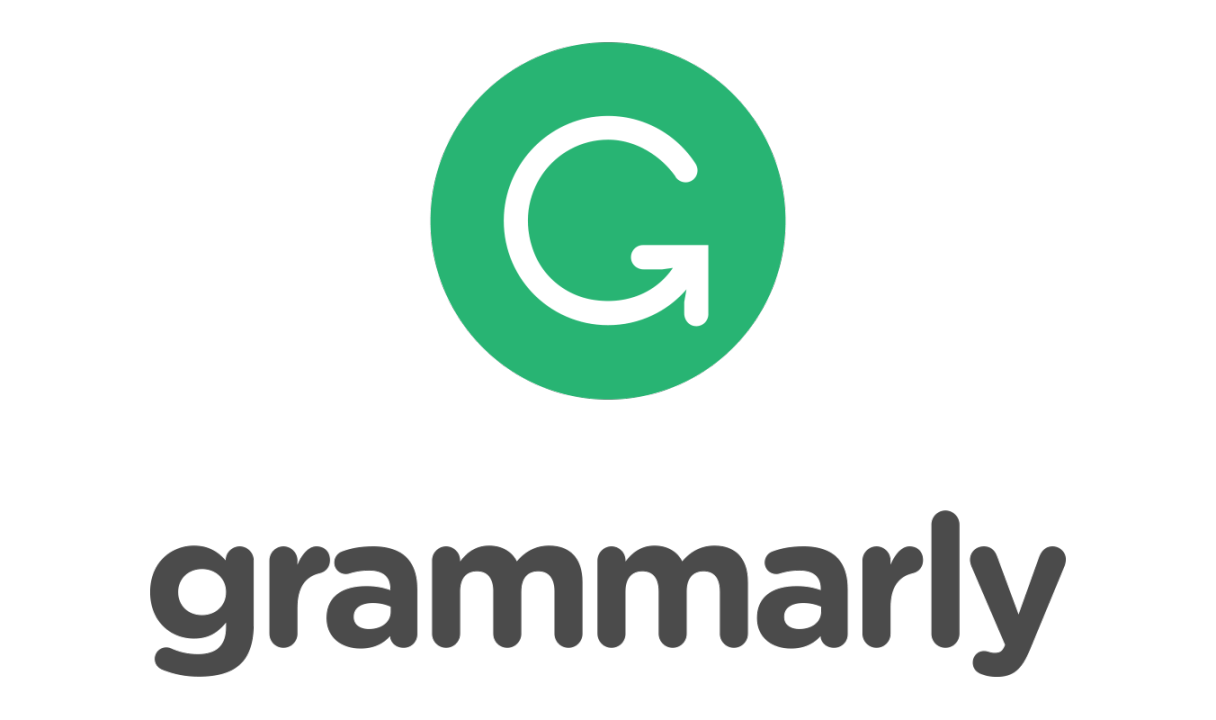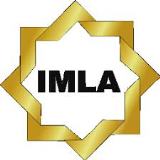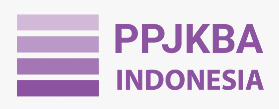Enhancing Arabic Reading Skills through the Make-a-Match Cooperative Learning Model: An Experimental Study
DOI:
https://doi.org/10.22515/athla.v5i1.9545Keywords:
Arabic reading skills, Make-a-Match learning model, cooperative learningAbstract
Arabic plays a crucial role in Indonesia, particularly in religious and educational contexts. Despite its importance, teaching Arabic reading skills faces challenges such as limited use of effective learning models. This study aims to evaluate the effectiveness of the Make-a-Match cooperative learning model in improving Arabic reading skills. The study aims to determine whether the Make-a-Match cooperative learning model significantly enhances Arabic reading skills compared to conventional methods. A quantitative experimental design with a quasi-experimental nonequivalent control group design was used. The study involved 32 seventh-grade students from SMPI-PK Muhammadiyah Delanggu in the 2023/2024 academic year, divided into an experimental group (15 students) and a control group (17 students). Data were collected using a reading skills test before and after the intervention. The validity and reliability of the instrument were ensured through expert evaluation and Cronbach's alpha. The study found that the experimental group showed a significant improvement in reading skills compared to the control group. The average post-test score in the experimental group was higher than in the control group. The t-test results indicated a statistically significant difference, supporting the hypothesis that the Make-a-Match model is effective in enhancing Arabic reading skills. Additionally, the model improved students' social skills and engagement. The Make-a-Match cooperative learning model effectively improves Arabic reading skills and can be a valuable tool for educators in Indonesia. The study suggests integrating this model into the curriculum and providing training for teachers. Future research should explore its application in other subjects and contexts.
Downloads
References
Abidin, Y. (2018). Pembelajaran Multi Literasi: Sebuah Jawaban Atas Tantangan Pendidikan Abad Ke-21 Dalam Konteks Ke-Indonesiaan. Refika Aditama.
Al-Qahtani, M. F. (2015). The Use of Vocabulary Learning Strategies by EFL Learners in Saudi Arabia. English Language Teaching, 8(1), 3–12. https://doi.org/10.5539/elt.v8n1p3
Azizah, L. F., & Muliansyah, A. (2020). Keterampilan Berbahasa Arab Dengan Pendekatan Komprehensif. El-Tsaqafah: Jurnal Jurusan PBA, 19(1), 56–71. https://doi.org/10.20414/tsaqafah.v19i1.2344
Bryman, A. (2012). Social Research Methods (4th ed.). Oxford University Press.
Creswell, J. W. (2014). Research Design: Qualitative, Quantitative, and Mixed Methods Approaches (4th ed.). Sage Publications.
Fraenkel, J. R., & Wallen, N. E. (2009). How to Design and Evaluate Research in Education (7th ed.). McGraw-Hill.
Gillies, R. M. (2016). Cooperative Learning: Review of Research and Practice. Australian Journal of Teacher Education, 41(3), 39–54. https://doi.org/10.14221/ajte.2016v41n3.3
Hamdani, H. (2011). Strategi Belajar Mengajar. Pustaka Setia.
Hassan, A. (2021). Applying Cooperative Learning in Language Education. Language Learning Journal, 49(2), 232–245. https://doi.org/10.1080/09571736.2018.1503674
Hussain, S., & Mahmood, T. (2021). Analyzing the Effects of Cooperative Learning on Enhancing the Vocabulary of ESL Learners. Journal of Language and Linguistic Studies, 17(1), 521–535.
Isjoni, I. (2011). Cooperative Learning. Alfabeta.
Ismail, S. A. (2018). The effects of cooperative learning on students’ achievement and attitudes towards learning. International Journal of Instruction, 11(4), 217–230. https://doi.org/10.12973/iji.2018.11414a
Jalaluddin, M. (2016). The Role of Cooperative Learning in Enhancing Reading Comprehension Skills: An Analytical Study. Journal of Education and Practice, 7(11), 50–56.
Johnson, D. W., & Johnson, R. T. (2009). An Educational Psychology Success Story: Social Interdependence Theory and Cooperative Learning. Educational Researcher, 38(5), 365–379. https://doi.org/10.3102/0013189X09339057
Johnson, D. W., & Johnson, R. T. (2018). Cooperative Learning: The Foundation for Active Learning. Active Learning in Higher Education, 19(1), 29–41. https://doi.org/10.1177/1469787417742023
Kagan, S. (2018). Kagan Cooperative Learning. Kagan Publishing.
Kagan, S., & Kagan, M. (2009). Kagan Cooperative Learning. Kagan Publishing.
Liang, T. (2020). Technology-Enhanced Cooperative Learning: Impact on Academic Achievement and Social Skills. Journal of Educational Technology, 7(2), 101–114. https://doi.org/10.1177/1742582020937294
Mahdi, D. S. (2018). Analyzing the Effects of Cooperative Learning on Vocabulary Acquisition: A Study of Yemeni EFL Learners. English Language Teaching, 11(1), 84–94. https://doi.org/10.5539/elt.v11n1p84
Pallant, J. (2016). SPSS Survival Manual: A Step by Step Guide to Data Analysis Using IBM SPSS (6th ed.). McGraw-Hill Education.
Rahman, A., Rahman, F., & Rahman, M. (2019). The Role of Arabic Language in Islamic Education. Journal of Islamic Studies, 28(2), 123–139.
Rijal, A. S. (2013). Keefektifan Model Pembelajaran Kooperatif Make a Match (Mencari Pasangan) dalam Menentukan Fakta dan Opini Melalui Keterampilan Membaca Siswa Kelas IX SMP Negeri 1 Mare Kabupaten Bone.
Ririantika, R., Usman, M., & Sakkir, G. (2020). Penerapan Model Pembelajaran Tipe ‘Make a Match’ Terhadap Hasil Belajar Bahasa Indonesia. Cakrawala Indonesia, 5(1), 1–6. https://doi.org/10.55678/jci.v5i1.230
Rohmah, M. (2012). Penerapan Teknik Make a Match dalam Peningkatan Kemampuan Qira’ah di Kelas VIII-A MTsN Lab UIN Yogyakarta Tahun Ajaran 2011/2012.
Sharan, Y. (2010). Cooperative Learning for Academic and Social Gains: Valued Pedagogy, Problematic Practice. European Journal of Education, 45(2), 300–313. https://doi.org/10.1111/j.1465-3435.2010.01429.x
Siregar, S. (2014). Metode Penelitian Kuantitatif: Dilengkapi dengan Perbandingan Perhitungan Manual & SPSS. Kencana Prenada Media Group.
Slavin, R. E. (1995). Cooperative Learning: Theory, Research, and Practice. Allyn and Bacon.
Slavin, R. E. (2014). Cooperative Learning and Academic Achievement: Why Does Groupwork Work? Anales de Psicología, 30(3), 785–791. https://doi.org/10.6018/analesps.30.3.201201
Smit, K., de Brabander, C. J., & Martens, R. L. (2015). Student-Centered and Teacher-Centered Learning Environment: What’s the Difference? European Journal of Educational Psychology, 10(2), 58–74. https://doi.org/10.1016/j.learninstruc.2014.02.011
Tarigan, H. G. (2008). Membaca: Sebagai Suatu Keterampilan Berbahasa. Angkasa.
Tavakol, M., & Dennick, R. (2011). Making sense of Cronbach’s alpha. International Journal of Medical Education, 2, 53–55. https://doi.org/10.5116/ijme.4dfb.8dfd
Tran, V. D. (2014). The Effects of Cooperative Learning on the Academic Achievement and Knowledge Retention. Journal of Education and Practice, 5(12), 1–8.
Webb, N. M., & others. (2019). The Role of Teacher Guidance in Cooperative Learning Groups. Educational Psychologist, 54(4), 250–271. https://doi.org/10.1080/00461520.2019.1639028
Wijaya, H., & others. (2019). Implementasi Model Pembelajaran Make a Match untuk Meningkatkan Hasil Belajar Siswa. Jurnal Pendidikan Dan Pembelajaran, 26(1), 45–55. https://doi.org/10.23960/jpp.v26i1.189
Zakaria, E., & Iksan, Z. (2017). Promoting Cooperative Learning in Science and Mathematics Education. Eurasia Journal of Mathematics, Science and Technology Education, 13(3), 767–786. https://doi.org/10.12973/eurasia.2017.00644a
Downloads
Published
How to Cite
Issue
Section
Citation Check
License
Copyright (c) 2024 Widya Putri Azhari

This work is licensed under a Creative Commons Attribution-ShareAlike 4.0 International License.










